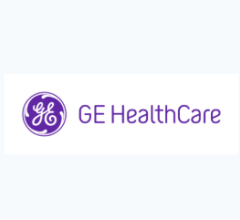ECRI (www.ecri.org), an independent, nonprofit health services research agency, recently published an evaluation of six anesthesia systems for full-range, inpatient surgical use and two anesthesia systems designed for outpatient use. Two articles, published in consecutive issues of ECRI’s Health Devices journal, provides product specifications and purchasing options, based on ECRI’s first-hand testing, to assist healthcare facilities in selecting an anesthesia
system.
The choice of an anesthesia system should be influenced by a variety of
clinical, technical, and financial factors. ECRI offers guidance on features to consider during the selection process, such as patient range, adequacy of safety features, comprehensiveness of pre-use checks, and ease of use.
ECRI compares three inpatient models previously evaluated in 2002 (but still actively marketed) and three new inpatient models as well as two outpatient models, all marketed by Datex-Ohmeda or Draeger Medical. Key differences were noted between inpatient models: four of the six models received an acceptable rating and two received a preferred rating when equipped with specific options.
The two anesthesia systems designed for outpatient use offered fewer features, making them a more economical choice and a better fit for the outpatient care setting. Healthcare facilities will find ECRI’s recommendations essential in the selection and purchasing process.
Health Devices is provided to members of ECRI’s Health Devices System, Health Devices Gold, and SELECTplus programs. For more than 35 years, Health Devices has featured comparative, brand-name evaluations of medical devices and systems based on extensive laboratory testing and clinical studies. ECRI’s evaluations focus on the safety, performance, efficacy, and human-factors design of specific medical devices and technologies. Along with ECRI’s test results and ratings, published evaluations include a technology overview, guidance on selecting appropriate devices and using them safely, and discussions of relevant topics, such as cost containment, equipment management, and adherence to standards. Health Devices also features in-depth Guidance Articles on healthcare technology management topics.


 January 30, 2026
January 30, 2026 









